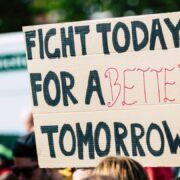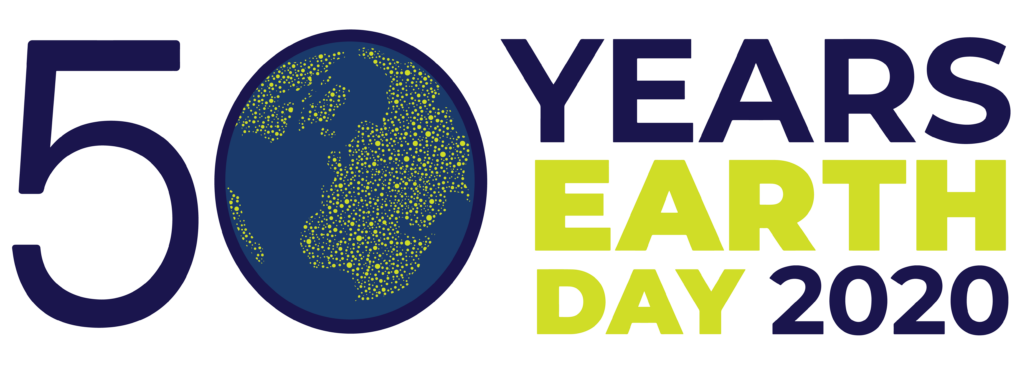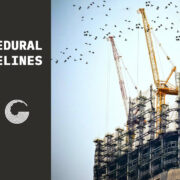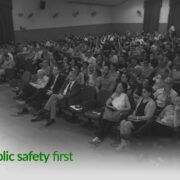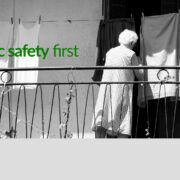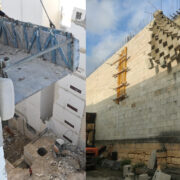PR 07/20 | Earth Day is every day, and anywhere you are
Today, the entire planet is marking Earth Day 2020, which this year is focussed on climate action.
Climate change is currently the biggest challenge being faced by humanity, as it also struggles with the severe impacts of the coronavirus pandemic. Any challenge, however, is also an opportunity for positive change in ensuring a more sustainable future.
At the end of 2020, Malta, along with all other signatory nations, is expected to increase its national commitments to the 2015 Paris Agreement on climate change. Just two days ago, Minister Aaron Farrugia announced that Malta had joined 16 other EU countries in backing a call to put the “European Green Deal” at the heart of a post-coronavirus recovery. The respective ministers are urging Europe to remember the challenges of climate change when putting forward long-term strategies for a resilient recovery from the current crisis, and stated that while all efforts should be focussed on fighting the pandemic, we must “begin to prepare ourselves to rebuild our economy and to introduce the necessary recovery plans to bring renewed, sustainable progress and prosperity back to Europe and its citizens. While doing so, we must not lose sight of the persisting climate and ecological crisis. Building momentum to fight this battle has to stay high on the political agenda.”
This is indeed a very welcome step. Malta has, for many years, failed to meet its obligations on various matters ranging from waste management to emissions, and from over extraction of resources to uncontrolled energy use. We simply cannot afford to carry on with our past attitude to these matters – the Kamra tal-Periti therefore fully backs Malta’s renewed commitment to ensure that things will change, and remains hopeful that this is not just an exercise in paying lip service to these ideals.
On its part, the Kamra tal-Periti is committed to collaborate with Government in achieving these goals. For many years it has been lobbying for significant changes in the building and construction industry, which is known to be one of the biggest contributors to climate change. In May 2019, it published a comprehensive proposal for an overhaul of the building and construction regulation framework, which proposal has the support of all the main players in the industry, and which is aimed at ensuring that our building stock is more safe and efficient, and that it is focussed on quality rather than on quantity. These proposals were recently presented to the Committee established by Prime Minister Robert Abela, and the Kamra looks forward to the outcome of the consultation process being undertaken by said Committee.
Last October, the Kamra tal-Periti took the important step of signing up to the Davos Declaration titled “Towards a high-quality Baukultur for Europe”, and to date remains the only Maltese organisation to have done so. The Declaration, which was endorsed by the European Ministers for Culture in January 2018, calls for quality, joint responsibility and cultural sustainability to be at the core of our policies relating to the built environment, and stated that “We urgently need a new, adaptive approach to shaping our built environment; one that is rooted in culture, actively builds social cohesion, ensures environmental sustainability, and contributes to the health and well-being of all.” They also acknowledged the importance of adding “economic value by creating higher-quality and more durable assets and favourable conditions for economic prosperity within society (by using) resourced sustainably, thus ensuring that future generations will also be able to benefit from positive social and economic development.”
The Kamra tal-Periti will continue to strive to ensure that its members place sustainability at the core of their practices and professional responsibilities, to promote and improve standards with the aim of ensuring better quality buildings and open spaces, and to acknowledge the important role that we play in ensuring a better quality of life for our citizens. However we cannot do this alone. Government must become the champion for a better built environment, not only by investing in good design but also by being acutely aware of the consequences of its policy making and decision-taking in all fields.
The challenges faced by our built environment will not be easy to overcome but they can be with concerted action, shared responsibility and commitment to the development of a vision which catalyses all stakeholders to work for better quality places that bring dignity, pride and real delight to their users. Earth Day 2020 can be an important moment for our citizens to rise up, with millions of people around the world, to demand the “creativity, innovation, ambition, and bravery that we need to meet our climate crisis and seize the enormous opportunities of a zero-carbon future.”

